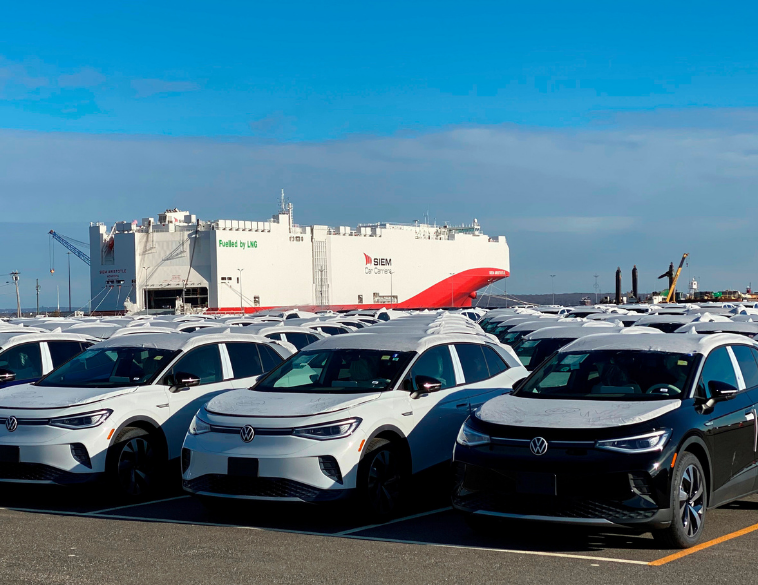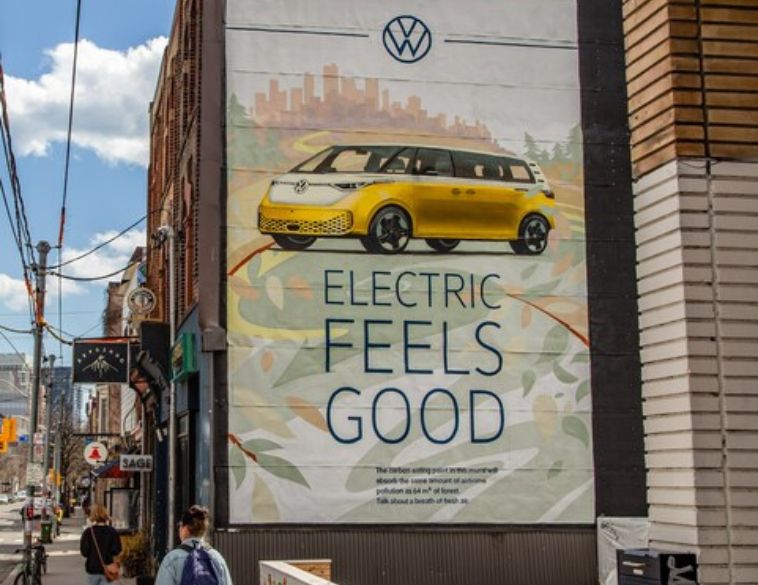The crisis in Ukraine is significantly adding to existing manufacturing and distribution problems in the automotive sector.
On February 24, Russian military forces cross the border into the country’s southern neighbour, Ukraine. Since then, the geopolitical and economic impact has been significant. Russia received widespread condemnation for the attack and NATO countries quickly rolled out sanctions against the Putin regime. While Russian forces have continued to press on with the invasion, challenged by fierce opposition from Ukrainians, the wider world has continued to squeeze the Russian economy, with some potentially severe impacts on global supply chains and industries.
Additional complications
In the automotive sector, which has already had to contend with shortages of key components such as semiconductor chips over the last several months, the situation in Ukraine has further complicated matters.
Several automakers, including Volkswagen, BMW, Mercedes-Benz, Toyota, Nissan, and Renault have been significantly impacted.
Volkswagen, BMW, and Toyota, which operate assembly plants in Russia have idled vehicle production in the country. Additionally, disruptions in the supply of key raw materials and components sourced from Russia and Ukraine including steel, wiring harnesses, and microchip components, have also caused automakers to suspend production at several plants in Germany. For dealers here in Canada that represent European brands, this will likely result in further disruptions and inventory shortages of specific vehicles over the coming months.
EV production
In speaking with David Adams, President of the Global Automakers of Canada, Autosphere learned that arguably the biggest impact from the crisis at present is on EV components and production.
“For Volkswagen, which has two of its key EV factories in Germany and relies on components from Eastern Europe for those vehicles, the situation could become increasingly problematic,” said Adams.
He also noted that this situation, in addition to the existing global semiconductor shortage adds a further stumbling block to the idea of mass EV adoption, certainly over the next few years.
There’s also a question of the impact the conflict will ultimately have on both inflation and energy prices. In Canada, we’ve seen the price of gasoline soar to record levels, with the price at the pumps reaching $1.85.1 per litre in British Columbia and $1.69.6 in Ontario*.
Traditionally, there’s a consensus that when fuel prices rise, consumers tend to switch to more fuel-efficient vehicles, though as Adams noted, this time around we also have to contend with higher inflation that’s putting upward pressure on prices for nearly all consumer goods, including vehicles, as well as a shortage of vehicles themselves.
Consumer reluctance
Additionally, given the supply shortages already facing the automotive industry and the simple fact that there are still not enough vehicles available to meet demand, either new or used, it is likely that many consumers will choose to hold onto the vehicles they currently have instead of attempting to purchase a newer one.
Furthermore, EV adoption is expected to be significantly impacted for the foreseeable future because not only are EVs still priced higher than many comparable traditional vehicles (a situation only further exacerbated by inflation), they are likely to remain in very short supply due to component and raw material shortages.
According to a recent video posted by Patrick Boyle, a well-known fund manager, academic; author, and founder of Palomar Capital Management, a shortage in the supply of materials used for electronics and batteries could result in a very grave situation for EV production.
Materials such as palladium (40% of the global supply of which comes from Russia) and nickel (of which Russia is the third-largest global producer) as well as industrial gases such as C4F6 and neon used in the manufacture of microchips—Russia and Ukraine being prime sources for them—does paint a rather bleak picture on the manufacturing side, not only for EVs but traditional vehicles and other consumer goods.
In fact, it’s likely that disruptions in the automotive manufacturing and supply chain caused by the crisis in addition to existing challenges, could lead to a prolonged period of vehicle inventory scarcity that could continue well into next year and possibly beyond.
*Source: GasBuddy.com/can



